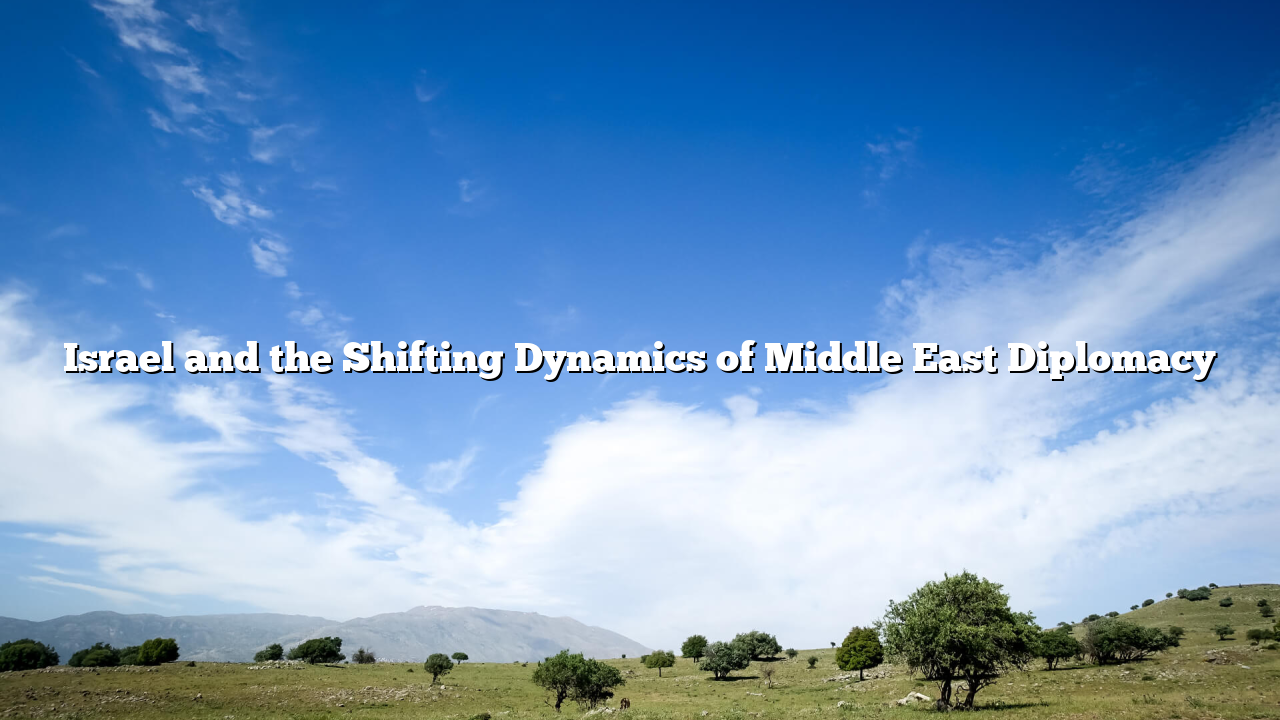As the world races toward a green energy transition, rare earth minerals — once obscure elements buried deep in technical reports — have become strategic assets. These 17 metals, essential for electric vehicles, wind turbines, and military freebet Naga169 technologies, are now at the center of a quiet geopolitical struggle that could define the 21st century.
China currently dominates the global rare earth supply chain, controlling roughly 70% of production and over 80% of processing capacity. This monopoly gives Beijing enormous leverage over industries worldwide. The United States, the European Union, and Japan have all expressed concern about supply security, especially as tensions rise in the South China Sea and Taiwan Strait.
In response, Western nations are rushing to diversify sources. Australia and Canada are ramping up mining projects, while the U.S. has invested in refining facilities under the Defense Production Act. Meanwhile, African countries like Tanzania and Namibia see new opportunities — and new risks — as foreign powers compete for resource access.
Environmental and ethical concerns complicate the picture. Rare earth mining is notoriously polluting, and local communities in Myanmar, Congo, and Inner Mongolia have reported severe ecological damage. “The green revolution risks becoming a dirty business,” warns environmental analyst Sylvia Chen.
The geopolitics of rare earths underscore a new reality: as the world decarbonizes, control over minerals — not oil — may determine global power. Nations that fail to secure access risk being left behind in the next industrial revolution.
